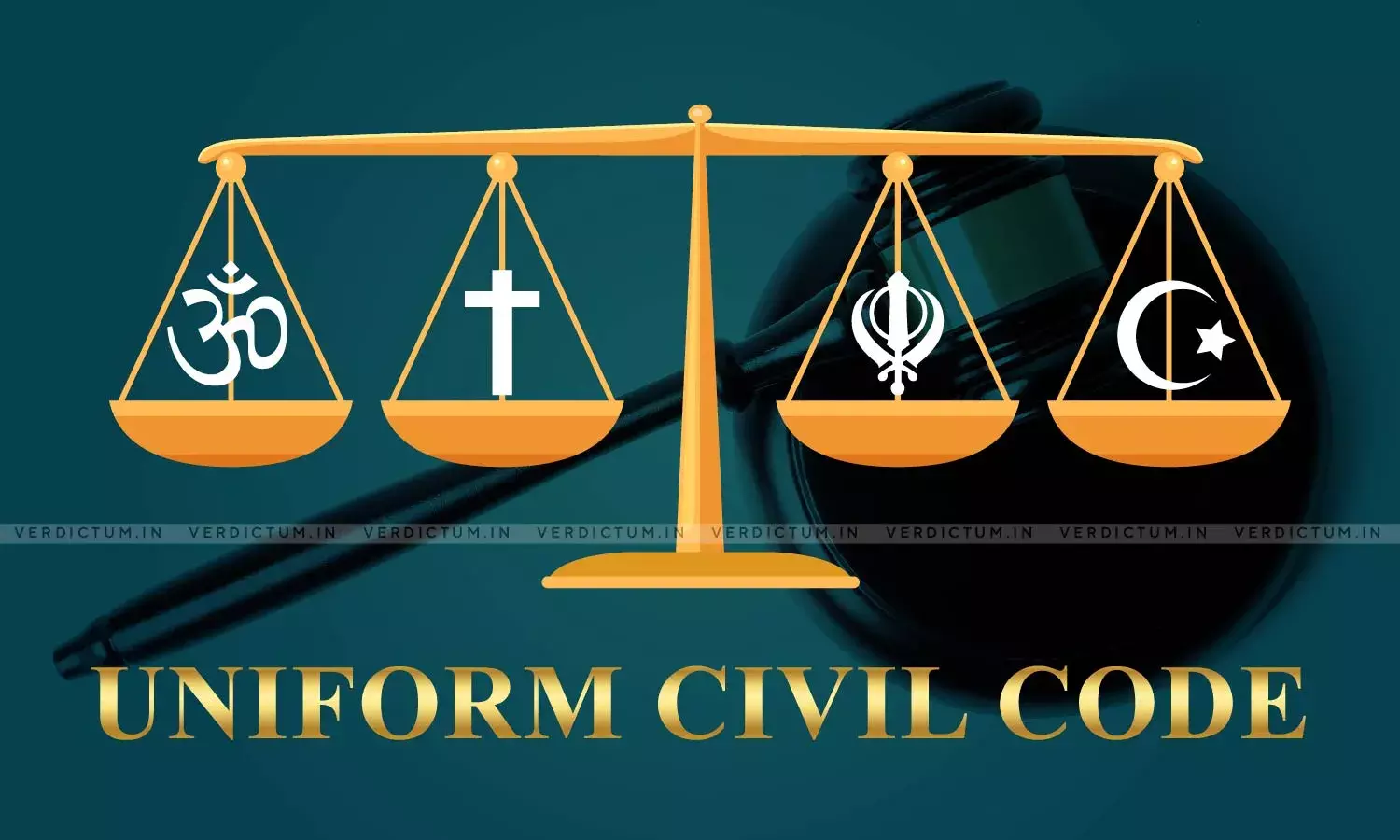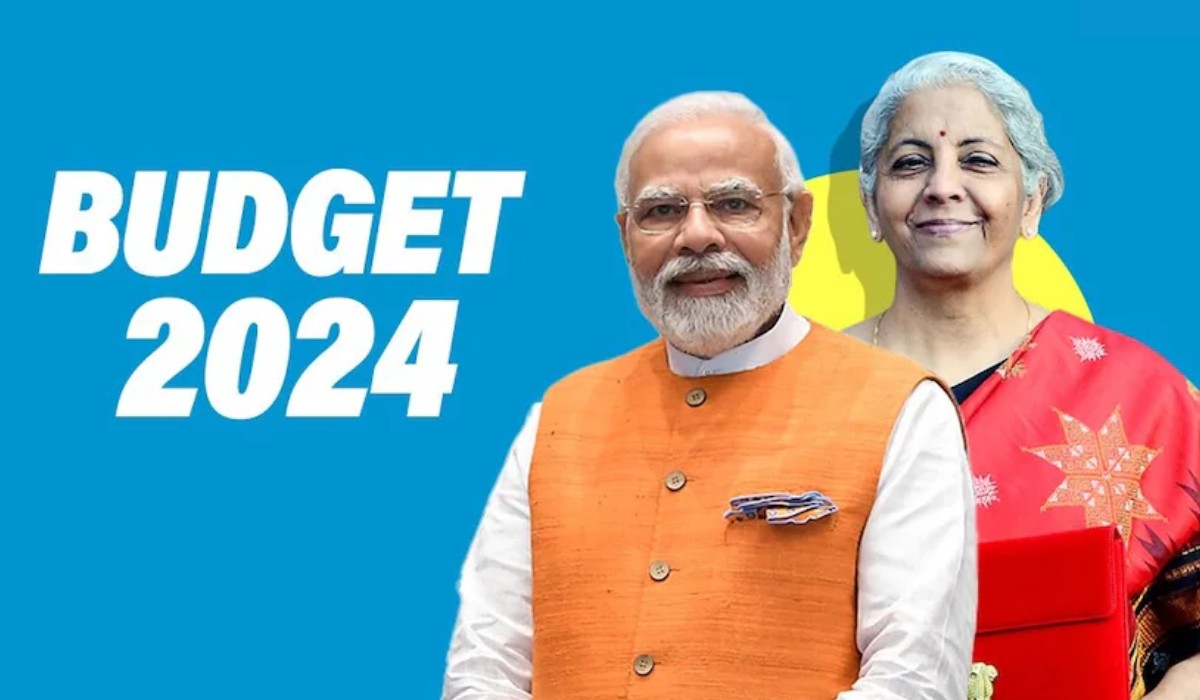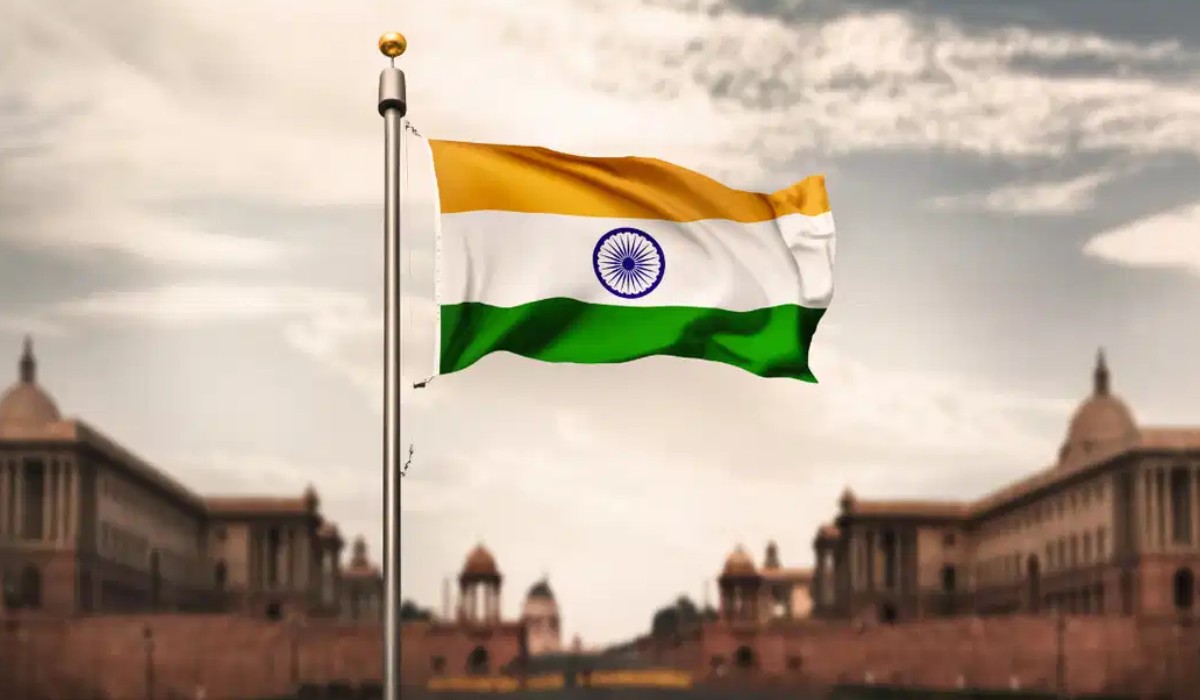India, a nation known for its rich cultural diversity, boasts a multitude of religions, each with its own set of personal laws governing matters such as marriage, divorce, inheritance, and adoption. However, this diversity often leads to disparities and inequalities among citizens, especially in the realm of civil laws. The concept of a Uniform Civil Code (UCC) has long been debated in India, with proponents advocating for its implementation to promote unity, equality, and justice for all citizens, regardless of their religious affiliations.
The Need for Uniformity:
One of the fundamental principles of a democratic society is the equality of all citizens before the law. However, the existence of disparate personal laws based on religion undermines this principle, as it often leads to discrimination and injustice. For instance, different laws governing marriage and divorce for Hindus, Muslims, Christians, and other religious communities create inequalities and hinder the progress towards gender equality and social justice. Implementing a Uniform Civil Code would rectify these disparities and ensure that all citizens are subject to the same legal framework, thereby upholding the principles of equality and justice enshrined in the Constitution of India.
Promoting Gender Equality:
One of the key objectives of implementing a Uniform Civil Code is to promote gender equality and women’s rights. Currently, personal laws governing marriage, divorce, and inheritance often discriminate against women, depriving them of their rights and autonomy. For instance, practices such as triple talaq among Muslims and unequal inheritance rights for women in certain communities perpetuate gender inequalities. By enacting a Uniform Civil Code that guarantees equal rights and protections for all citizens, irrespective of their gender or religious background, India can take significant strides towards achieving gender justice and empowering women.
Also Read: New Jersey To Host 2026 FIFA World Cup Final
Fostering National Integration:
India is a diverse nation with a rich tapestry of cultures, languages, and religions. While diversity is a source of strength, it can also be a challenge when it comes to fostering national unity and integration. The existence of separate personal laws based on religion often reinforces communal identities and perpetuates divisions within society. By enacting a Uniform Civil Code that transcends religious boundaries and treats all citizens equally under the law, India can promote a sense of national unity and cohesion. A UCC would underscore the idea of India as a secular and inclusive nation, where all citizens are bound by a common set of laws irrespective of their religious beliefs.
Challenges and Way Forward:
Despite the compelling arguments in favor of a Uniform Civil Code, its implementation faces numerous challenges, including resistance from religious groups, concerns about cultural sensitivities, and the complexities of legal reform. However, these challenges should not deter India from striving towards the ideal of uniformity and equality in civil laws. A gradual and consultative approach, coupled with public awareness and dialogue, is essential to garnering support for the UCC and addressing the concerns of all stakeholders.
The implementation of a Uniform Civil Code is not merely a legal reform but a reflection of India’s commitment to equality, justice, and unity. By transcending religious differences and ensuring uniformity in civil laws, India can uphold its constitutional values and foster a more inclusive and harmonious society. While the road ahead may be fraught with challenges, the pursuit of a Uniform Civil Code is essential for realizing the ideals of a progressive and egalitarian nation.
Also Read: Exploring India’s Hidden Gems: Lesser-Known Yet Fascinating Artforms











